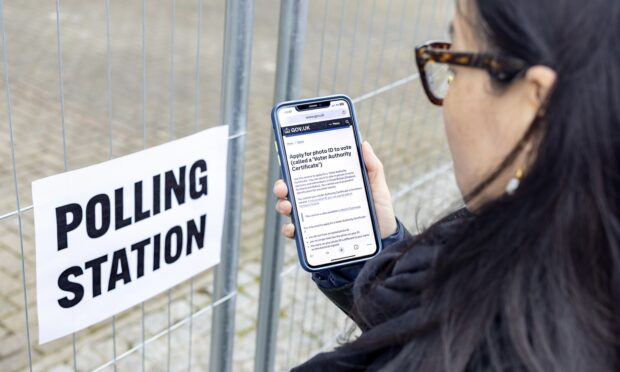Major reform programme aims to see all cases started online, with some completed entirely online, as government pushes for fully-digital justice system.
Report calls for wholesale digitisation of the justice system – Photo credit: Flickr, Clyde Robinson
A joint report from the Lord chancellor, the Lord chief justice and the senior president of tribunals has set out £1bn of changes aimed at making “a wholesale shift to access justice digitally”.
The changes will see an increased use of video-link technology, payment of fines online and plans to scrap paper forms for all courts and tribunals in England and Wales by 2019.
“All participants in a case, from the judge to the jurors, the Crown Prosecution Service and the defence, legal advisers and court staff, will soon become ‘digital by default’,” the report stated.
Related content
Digitisation of the court system must not decrease access to justice
Three priorities for next-gen public service delivery
There would be two significant developments, it said: that all cases will start online – whether or not they are to be processed traditionally or online – and that some cases will be completed entirely online.
The document noted that digitisation had already begun, following a £270m investment agreed by government in 2015, with more than 12 million pages of evidence already online and WiFi provided in a number of courts.
For instance, it said, the majority of magistrates’ courts casework is now transferred digitally between the police and Crown Prosecution Service and for prosecutors use their laptops to present evidence.
However, it said that “there is still too much evidence being carted around the country on CDs and CCTV tapes, and too many ‘digital’ ways of working rely on people scanning in pieces of paper”.
The changes set out in the document include that most preliminary hearings will not need to take place face-to-face in court and that those charged with minor offences that have no clear victim – such as rail tickets or speeding fines – could plead online.
An early version for traffic offences is already being rolled out nationally, it said, but added that it would like to see the process being entirely automated for some cases so the system would provide an online conviction and issue the fine.
“This will enable defendants to complete their case and pay the penalty instantaneously, without having to attend court – a just, efficient and simple improvement,” it said, adding that this would free up magistrates’ time.
Meanwhile, the government said that digitisation would speed up the processing of civil cases – it noted that it currently takes 11 months to process a fast-track claim with a value of £10,000 to £25,000. However, it doesn’t estimate how much this could be cut by.
Vulnerable victims
A major thrust of the announcement is the benefits of video-link technologies: the government said that providing these has been shown to make victims more comfortable and confident in giving evidence.
A trial in three regions – Liverpool, Leeds and Kingston-upon-Thames –looked at the effects of allowing cross-examinations to be pre-recorded and played during the trial.
It found that this spared witnesses and victims the stress of re-living traumatic events in open court, and resulted in them feeling under less pressure and being better able to recall events. This would benefit children in particular, it said.
The system will be rolled out nationally from 2017.
In addition, the new digital system for managing criminal cases would be able to notify victims of witnesses of crime about the cases they are involved in.
A further aim is that it will make the justice system work more smoothly – and therefore more quickly – which the report said would ensure that victims and witnesses “do not feel that justice is being delayed”.
There will also be an increase in open data related to the number of cases, such as how many are waiting to be heard and how many trials fail to go ahead, which it said would allow proper scrutiny.
Ability to embrace tech
Although the government said this would make justice more accessible for many people, it noted that it would “present a challenge” for some.
It added that it would provide support for people who couldn’t access digital services. “In designing different services we will always tailor the support around the needs of those who will use them,” it said.
And, the report notes that the changes will also have an impact on the judiciary and legal professionals.
It said that changes that are already underway were “proving successful so far”, and listed a number of potential advantages for lawyers, including simplified services and better links with clients.
However it also noted that the full-scale roll-out would mean that professionals needed “adaptability and a willingness to embrace new technology”.



